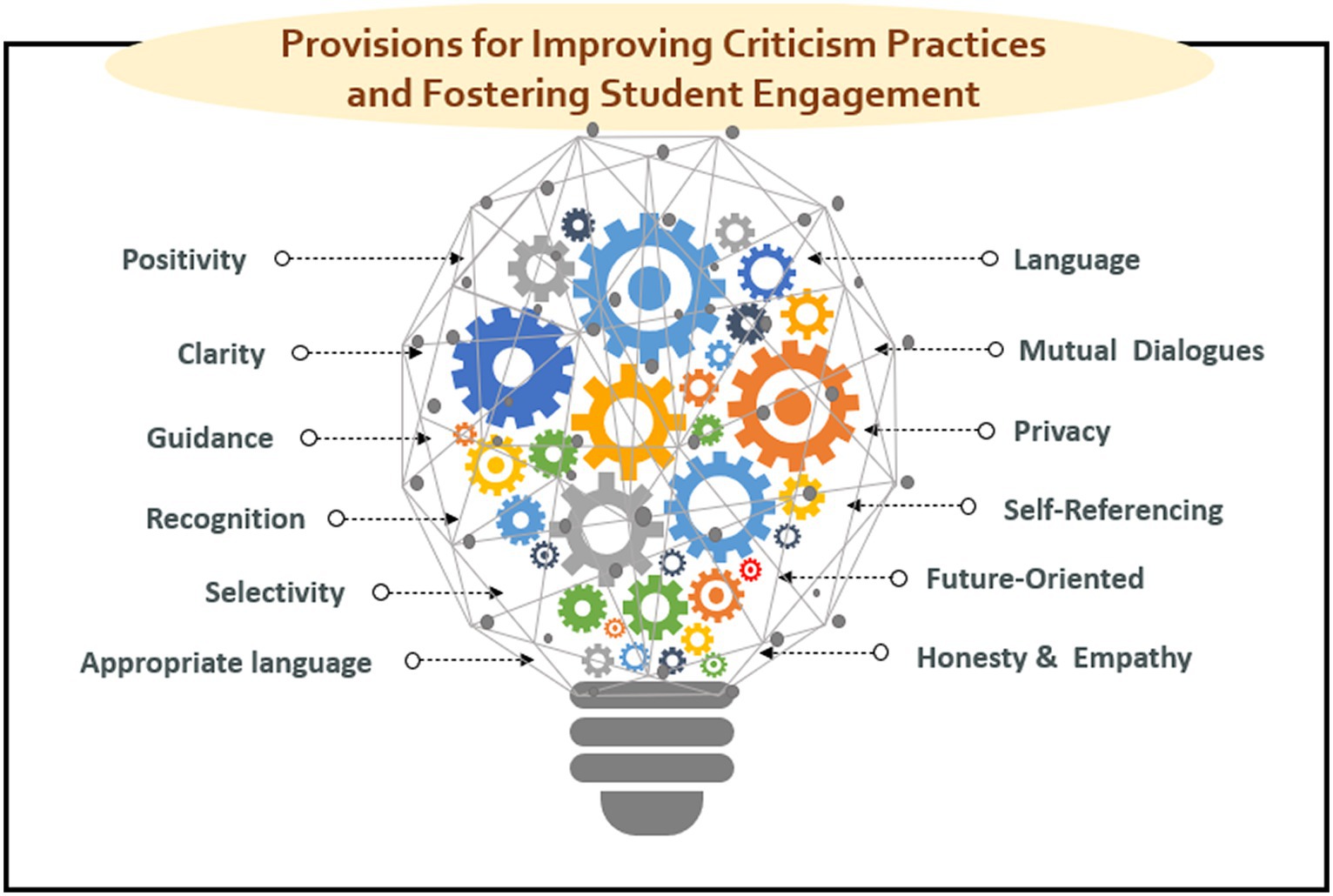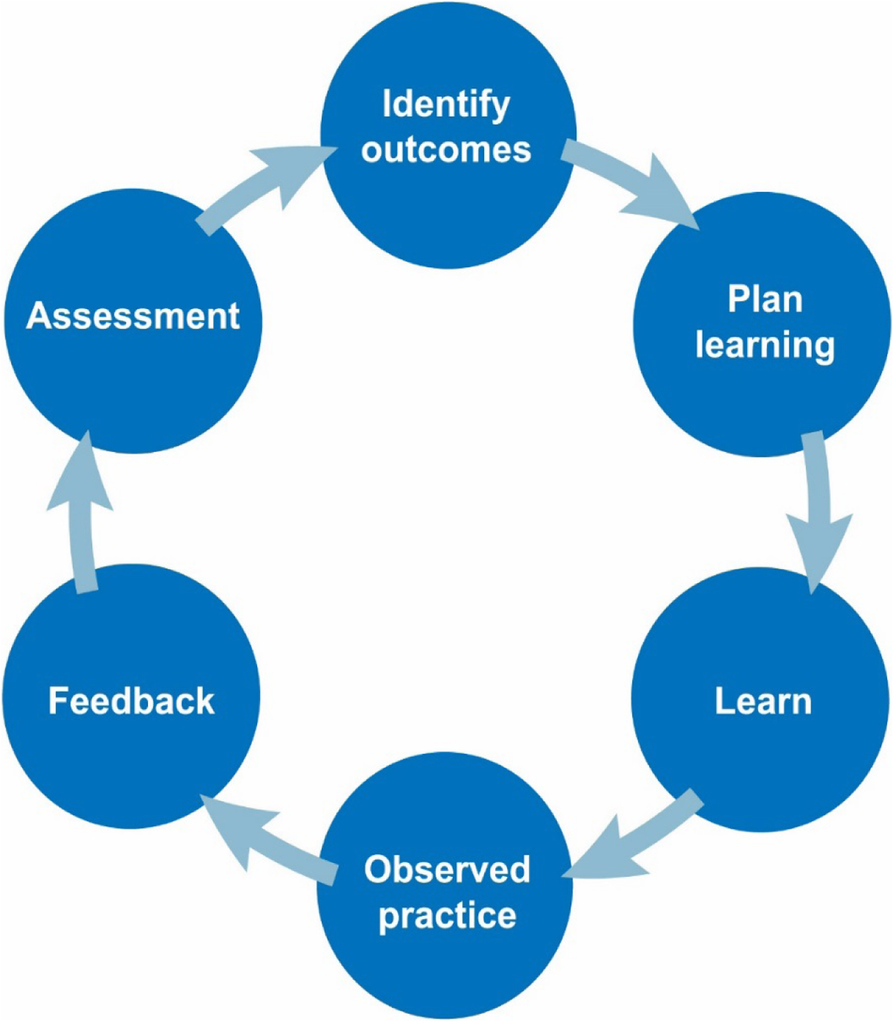Nurturing Growth: The Power of Feedback
Feedback is a powerful tool that plays a crucial role in fostering a culture of growth and learning within any organization or educational institution. It serves as a guiding light, illuminating the path towards improvement and development. The power of feedback lies in its ability to provide individuals with valuable insights, enabling them to reflect on their performance, set goals for improvement, and take proactive steps towards achieving success.
In the context of creating a culture of growth, feedback serves as a catalyst for change and transformation. It acts as a Mirror, reflecting back to individuals their strengths and areas for improvement. By receiving feedback, individuals are able to gain a better understanding of their performance, identify their blind sPots, and take necessary actions to enhance their skills and knowledge.
One of the key aspects of feedback is its ability to foster a learning environment. When feedback is given in a constructive and supportive manner, it creates a safe space for individuals to experiment, make mistakes, and learn from them. This in turn, cultivates a culture of continuous learning and improvement, where individuals are encouraged to take risks, push their boundaries, and strive for excellence.
Moreover, feedback helps individuals to track their progress and measure their success. By providing regular and timely feedback, individuals are able to gauge their performance, identify areas of growth, and celebrate their achievements. This sense of progress not only boosts motivation and morale, but also instills a sense of accountability and ownership in individuals, driving them towards their goals.

Image Source: frontiersin.org
Feedback also plays a significant role in building relationships and fostering collaboration. When feedback is given and received in a respectful and constructive manner, it strengthens relationships, builds trust, and enhances communication within teams and organizations. This open and honest exchange of feedback creates a supportive and inclusive culture, where individuals feel valued, respected, and heard.
In addition, feedback helps to cultivate a growth mindset within individuals. By providing specific and actionable feedback, individuals are empowered to adopt a positive attitude towards learning and development. They are encouraged to embrace challenges, learn from failures, and persist in the face of obstacles. This growth mindset not only fuels individual growth, but also inspires others to strive for excellence and continuous improvement.
Furthermore, feedback serves as a tool for recognition and appreciation. When individuals receive feedback that acknowledges their efforts, highlights their achievements, and recognizes their contributions, it boosts their confidence, motivation, and engagement. This positive reinforcement not only reinforces desired behaviors, but also fosters a culture of appreciation and gratitude within the organization.
In conclusion, feedback is a powerful instrument that plays a vital role in creating a culture of growth and learning. It provides individuals with valuable insights, fosters a learning environment, tracks progress, builds relationships, cultivates a growth mindset, and promotes recognition and appreciation. By embracing the power of feedback, organizations and educational institutions can create a dynamic and thriving environment where individuals are empowered to reach their full potential and achieve success.
Feedback: Building Blocks for Learning Success
In the journey of creating a culture of growth, feedback plays a crucial role in fostering a learning environment. It serves as the building blocks for success, providing valuable insights and guidance for continuous improvement. Feedback is not just about pointing out mistakes or shortcomings, but about nurturing growth and development.

Image Source: springernature.com
Feedback is a two-way street, where both the giver and receiver play important roles. When feedback is given in a constructive and positive manner, it can inspire motivation and drive in the recipient. It helps individuals identify their strengths and areas for improvement, empowering them to take ownership of their growth journey.
In a learning environment, feedback acts as a guiding light, illuminating the path towards success. It provides clarity and direction, helping individuals stay on course and make progress towards their goals. Without feedback, it’s easy to veer off track or lose sight of what needs to be done.
Feedback also creates a sense of accountability and responsibility. It encourages individuals to take ownership of their actions and outcomes, leading to a greater sense of commitment and dedication. When feedback is given with care and respect, it fosters a culture of trust and openness, where individuals feel comfortable sharing their thoughts and ideas.
Feedback is not just limited to formal evaluations or assessments. It can come in many forms, such as verbal praise, constructive criticism, or written comments. The key is to provide feedback in a timely and consistent manner, so that individuals can learn and grow from it effectively.
One of the most powerful aspects of feedback is its ability to spark reflection and self-awareness. When individuals receive feedback, it prompts them to reflect on their actions and behaviors, helping them gain a deeper understanding of themselves. This self-awareness is essential for personal growth and development, as it allows individuals to identify their strengths and weaknesses, and work towards becoming the best version of themselves.

Image Source: sagepub.com
Feedback also promotes a growth mindset, where individuals are encouraged to embrace challenges and see failures as opportunities for learning. By receiving feedback, individuals learn to adapt and grow from their experiences, rather than being discouraged by setbacks. This resilience and determination are essential qualities for success in any learning environment.
In conclusion, feedback is the cornerstone of a culture of growth. It provides the necessary support and guidance for individuals to learn, develop, and excel. By embracing feedback as a tool for learning success, individuals can create a positive and nurturing environment where everyone has the opportunity to thrive and reach their full Potential.
The Importance of Feedback: How to Foster a Learning Environment
